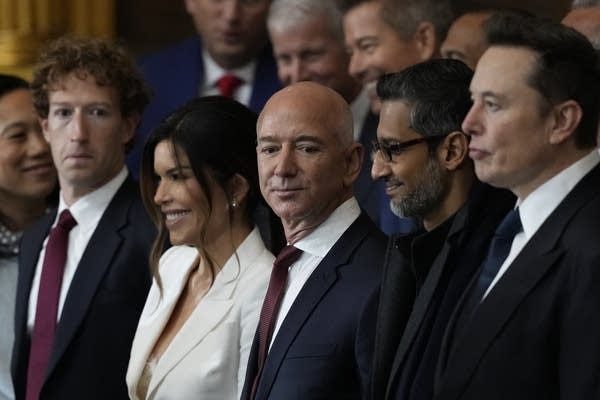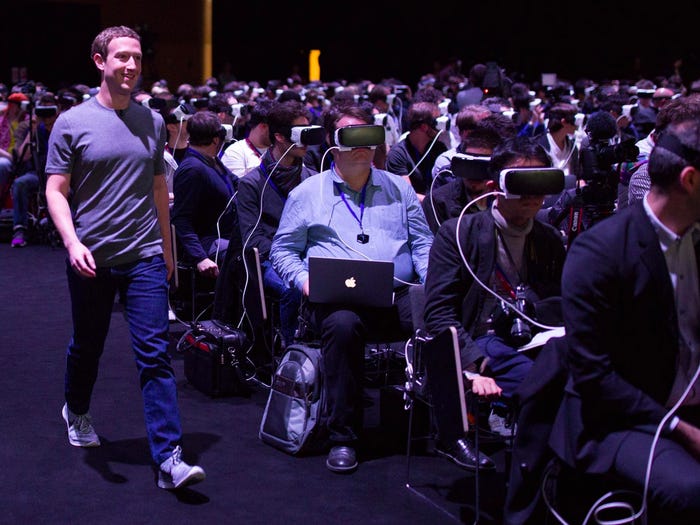Over the weekend I stopped at a mall on my drive from Boston to Vermont. The parking lot has chargers, so I plugged in my car and went inside to fill up my water bottle. No, I absolutely do not have a Tesla.
As I made my way across the mall, I searched for someone to make eye contact with and say a “good morning” or “hello.” I never used to be that person but moving to Vermont has turned me into a “friendly stranger.” Lol. People were in the mall, but no one was there. Every person I walked by was looking at a phone (sitting, walking, gathered in groups), no one, even for a second, looked up.
I was just coming off of a weekend with my two oldest friends, so there was very little screen time on the trip. I also happened to be listening to Stolen Focus during my drive. It made the scene in the mall even more noticeable, and depressing.
Average screen time in the US is over 7 hours a day. If the average night of sleep is 7 hours, then we’re spending 40% of our time awake looking at a screen. Of course we are not to blame for this, tech companies have quite literally designed their products and apps to steal our attention, and it’s very effective.
…social media companies don’t sell software, they sell influence. They collect in-depth data about how to influence your decisions, then sell that influence to the highest bidder. The more time they can get you to spend scrolling and clicking, the more data they can collect and the more ads they can sell.
This is all working out really well for Meta, Google, X, Amazon, and Apple, to name a few. Tech billionaires added $750 billion to their fortunes in the last year. Now that they’ve cozied up to Trump through donations and getting rid of pesky little things like fact-checking, they stand to not only hoard more wealth but gain even more power.
I keep thinking about this excerpt from Stolen Focus:
“If we don’t change course, he fears we are headed toward a world where “there’s going to be an upper class of people that are very aware” of the risks to their attention and find ways to live within their limits, and then there will be the rest of the society with “fewer resources to resist the manipulation, and they’re going to be living more and more inside their computers, being manipulated more and more.”
I am sorry to report, I think we are already living in that world. It’s no secret that tech execs limit their children’s access to technology, fully aware of the negative impacts, especially on a developing mind. Many don’t let their kids anywhere near social media. One former Facebook executive admitted he feels “tremendous guilt” for the role he played in the company and that his children “aren’t allowed to use that shit.” They’re spending $40k in tuition to send their kids to tech-free Waldorf schools while pumping more than $51 million into lobbying against legislation aimed to protect kids online. They know how addictive their products are, it’s by design.
While I was writing this, I decided to take a look at the average screen time on my phone. Being (almost) entirely off social media I gave myself the false impression that I had things “under control.” My daily average for the last week was 3 hours and 22 minutes (the week prior was an hour more).
Maybe even more disturbing than my screen time though, was my average daily pickups (how many times I picked up my phone in a given day). On average I pick up my phone 74 times a day. If we assume I’m awake for 14 hours a day, that means I reach for my phone more than 5 times per hour. According to a study from UC Irvine, it takes approximately 23 minutes to get back to a task after being interrupted. I’m starting to understand why I feel so depleted at the end of the day.
All of these distractions are seriously impacting our ability to focus, and it makes sense, it’s not just social media that pulls us in. Our phones have email, messages, social media, weather, news, maps, photos, cameras, banking info, internet, trail maps, health trackers, productivity apps, apps to lock us out of apps…you get the point. Twenty years ago the average attention span on a screen was 2.5 minutes. Now it’s down to 47 seconds.
And yes that’s all pretty depressing, but I keep coming back to the notion of time. Because we all know that phones and apps are addictive, that tech companies are hijacking our attention and exploiting us at every turn. I think most of us also wish we had more time, and yet so much of it is spent in ways we might not want. Seven hours a day (average screen time) is almost 50 hours in a week. In a month, that comes out to 8 days. That’s longer than most people take for vacation. It’s time we don’t get back. And yes it’s true these tech companies have exploited the human mind, and it will take more than individual actions to fix these systemic issues, but we’ve got to start somewhere.
When our school district was recently faced with cuts to arts, music, and STEM, the community showed up in a big way to stop it from happening. The change we wanted couldn’t happen from behind a screen. It was the result of showing up at board meetings, speaking in public, writing op-eds, doing uncomfortable things. Amazingly, we were able to prevent the cuts entirely.
This is what the future will require of us if we want to fight back against the evil in charge now. To take back control, we have to reclaim our time and attention, so that we can use it to focus on the things that truly matter, caring for one another, our communities, and ourselves. We must experience joy too. To know that the time we spent on this Earth was full of deep experiences and rich connections, not moments created for content to share with strangers on the internet.
I can’t say it will be easy, but it has never felt more necessary. Here’s where I’m getting started:
I’m dumbing down my phone (and leaving it at home)
I decided to delete email and social media apps (including the Substack app) from my phone entirely. The amount of times I look at my phone to check my email is absurd. I will leave email for my computer during the work day (and check it once or twice). My social media time is already very limited, but I’ll leave it for desktop use only to post and ghost when I’m sharing my work.
I always bring my phone when I leave the house, but I would argue 99% of the time I don’t need it. I’ll leave my phone behind more often.
Cancelling Amazon Prime
I actually already did this a while ago, but I still have an audible account, so I’m cancelling that. And I won’t be spending money at any of the other companies Amazon owns, it’s a long list.
Putting my phone on do not disturb, indefinitely
The nice thing about smartphones is you can do a lot with the settings. I’m putting my phone on do not disturb and making some exceptions for phone calls from certain people. I don’t want to see notifications at all, period.
Not checking the news on my phone
After messages, mail, and Safari, the news app is the most used on my phone. I feel anxious almost every time I check the news app. There are better ways to stay informed than checking it every hour.
Opting out of upgrades
I will be hanging on to the current version of the iPhone I own for as long as possible.
Leave my phone in another room at night
There’s no purpose to having a phone in my bedroom other than giving me a reason to reach for it first thing in the morning.
Stop looking at my phone when people are around
I hate that I use my phone as a crutch in social situations or when I’m out, for example, waiting or standing in line. Even worse is looking at my phone in the presence of friends or family, and especially my kid. Who am I to prevent her from screen time while simultaneously looking at my phone? I want to model the life I wish for her. I didn’t get my first phone until I was 18 and it was a flip phone for emergencies. I didn’t have my first smartphone until I was in my mid 20s. At 40 I realize how much I don’t need it. What if we all just decided to talk to each other or observe our surroundings instead of stare at a screen when we were out in the world?
Work to get tech and phones out of schools like tech CEOs do for their kids
There’s a reason tech CEOs don’t want their kids using tech in schools or accessing social media. In Vermont, we are gathering support for phone and social media free schools. There is also a nationwide movement where you can find resources if you’d like to help your state/school district go phone free.
I’m going to think about how Mark Zuckerberg makes $9.6 million per hour every time I reach for my phone.
He’s optimistic, and he’s celebrating.
I’d love to hear, what is your current relationship to social media /tech/phones? If you have stepped back, what does that look like and how has it made you feel? If you have kids, how do you navigate this?
Some additional resources
Read: Stolen Focus: Why You Can't Pay Attention--And How to Think Deeply Again
Watch: The Social Dilemma
Read: The Anxious Generation: How the Great Rewiring of Childhood Is Causing an Epidemic of Mental Illness
Read: Digital Minimalism: Choosing a Focused Life in a Noisy World
Watch: Social Studies
Thank you for reading this newsletter. The best way to support my work is by sharing it, liking it via the heart button (ugh) and becoming a paid subscriber.








As always, one of the most powerful things I have read and plan to share. Thank you for your courage and spreading your gift Jess. Our world has never needed it more ♥️
Thank you for such a practical read! I just deleted Goodreads and Audible apps on my phone.
I am reading Stolen Focus based on your recommendation (ironically on my Kindle - still haven’t figured out how to give that up, but at least I checked the book out from the library!) and I love it. I was so happy to read his focus on systemic solutions and not just individual tactics. Really thoughtful book.
Another rec (that he gives in Stolen Focus) is reading the Age of Surveillance Capitalism. It’s a long one but I have learned a ton as I work my way through it. I’m working to get myself off of Gmail and have opted to use DuckDuckGo as my browser instead of Google.